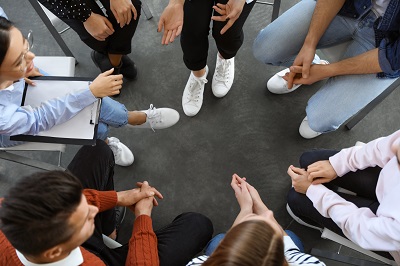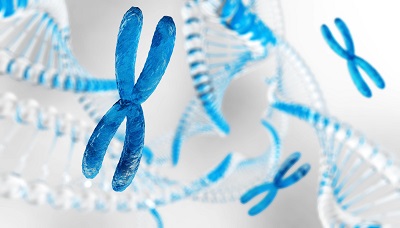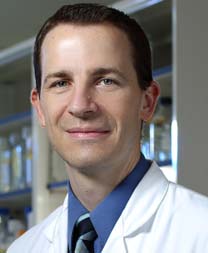
The National Institute on Deafness and Other Communication Disorders (NIDCD) will hold an Olfactory Neuroblastoma (Esthesioneuroblastoma) Patient Education Meeting on February 29. The meeting is an opportunity for patients and families to meet with physicians and scientists to discuss the state of affairs for olfactory neuroblastoma.
When: Saturday, February 29, 2020, 9 a.m. to 1 p.m.
Where: National Institutes of Health (NIH) Clinical Center, Building 10, Room 7S233, 9000 Rockville Pike, Bethesda, MD 20892
What:
- Perspectives from patients and family members affected by olfactory neuroblastoma.
- Information on advances in surgery, radiation, and other treatments.
- Research updates on genomics, outcomes, and clinical studies.
- Information about upcoming clinical trials.
Those affected by the disorder will have the opportunity to share their perspectives and insights and hear from experts in the field about recent advances into the causes and treatments of this rare type of cancer.
Olfactory neuroblastoma, which largely occurs in adults, causes tumors to grow in the upper region of the nasal cavity, where odor sensing neurons make their way through bone on their way to the brain. People with this type of cancer often lose their sense of smell (have anosmia). Other symptoms can include blockage of the nasal passageways, facial pain, runny nose, and nosebleeds. Current treatments are surgery to remove the tumor, radiation therapy, and sometimes chemotherapy.

We hope this meeting will be valuable to the patient community, as the causes of olfactory neuroblastoma are not well understood, and targeted therapeutic options are currently lacking.
Who: Presenters will include people personally affected by olfactory neuroblastoma, and medical and scientific experts from the NIDCD, the National Cancer Institute (NCI), and Johns Hopkins University. The NIDCD and NCI are part of the NIH.

Nyall R. London Jr., M.D., Ph.D.
This meeting is directed by Nyall R. London Jr., M.D., Ph.D., NIDCD and Johns Hopkins University; Gary Gallia, M.D., Ph.D., Johns Hopkins University; and Murray Ramanathan, M.D., Johns Hopkins University; and is sponsored by the NIDCD.
Please RSVP by February 27 to Dr. London, principal investigator of the NIDCD Sinonasal and Skull Base Tumor Program, by email or phone (301-402-4216), including any questions or reasonable accommodation requests.
Find information about getting to the NIH Clinical Center, parking, and security. Directions will be provided with confirmation of your RSVP.

